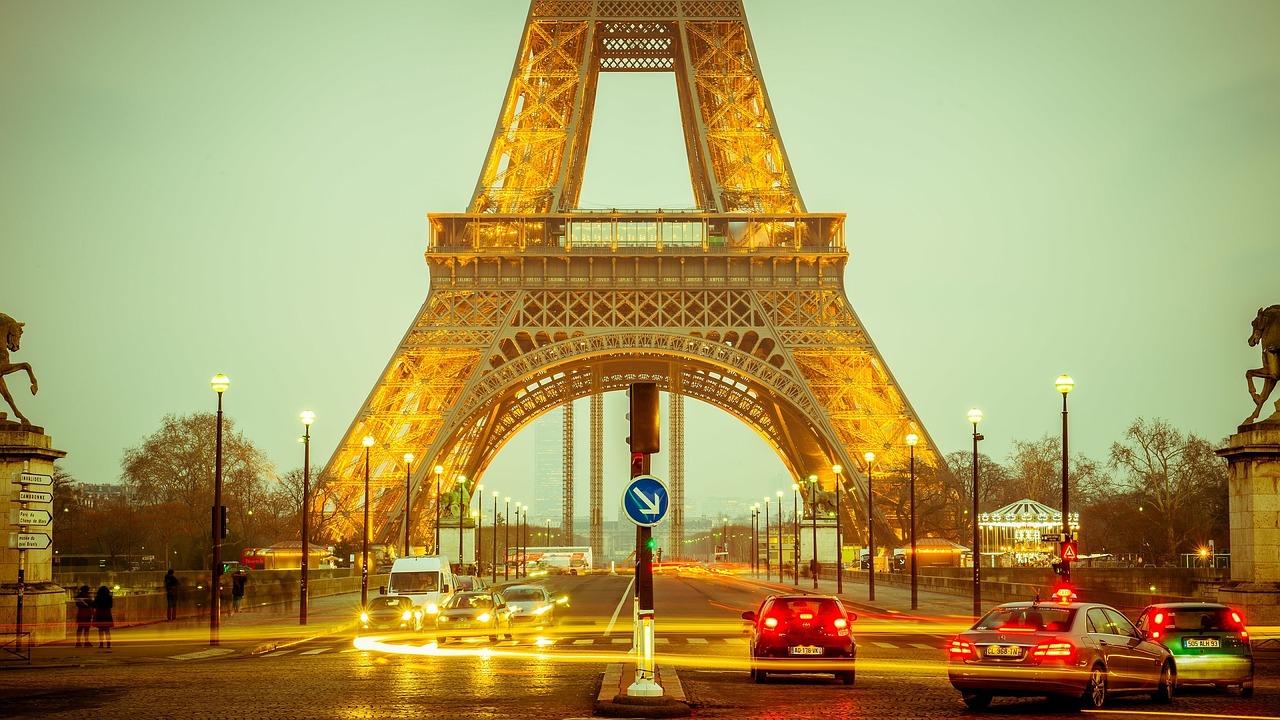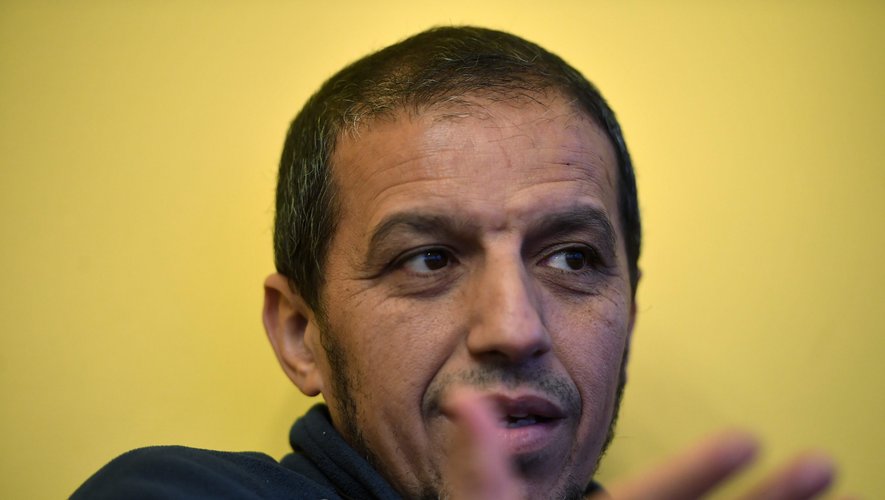Revealed in November by L’Opinion , the announcement by President Emmanuel Macron, to reform the 1905 law of separation of Church and state is a turning point in his policy towards religions. Originally in favour of a reform of French Islam without any impact regarding the French law of 1905 on secularism [laïcité], Macron admitted in February the possibility to amend the “law of separation of Churches and State” that may happen in 2019 – even if the government only mentions a pre-legislative project rather than a legislative project. It has provoked many reactions, from various religious figures but mainly from Muslim leaders and from ordinary Muslims.
General context and presentation of the reform:
If the new Minister of the Interior, Christophe Castaner (in the French political system, the Minister of Interior is also in charge of religious matters) declared the 15th of November that modifying the law of 1905 “was not a taboo” (in fact it has already been amended many times), the law of 1905 still remains an institution in the eyes of the public and his announcement created huge media hype. More than a modification of the law of 1905 and of the French “secularist spirit”, such an initiative – centered on Islam – aims in the words of the Minister to encourage “ a common action from French Muslims, the state and society to build an Islam which occupies its rightful place” . The questions of compatibility between Islam and the Republic, of the organization of French-Islam have always been central for the public authorities and nowadays the debate on secularism seems to be a euphemism to talk about Islam without naming it. In some respects, this reform questions the traditional separation between the executive and religions, with a strong interference of the executive with Islam. This wish of reform takes place in a campaign of consultation initiated at the national level by the former Minister of the Interior, Gérard Collomb, to reorganize French Islam. In the continuity of the recent El-Karoui report , which insists on financial aspects (especially through the possibility of an halal tax) , it seems that money is now considered as the sinew of war by the authorities, and the question of French Islam representation that was originally determinant for them, is now secondary. At the heart of the project, the government claims its wish to counterbalance foreign influences within French Islam and to fight radical Islam, notably through training for French imams. The objective is to convince Muslim associations to change their juridical status and to adopt a future amended law of 1905 status.
Financial aspects and new homogenized status for Muslim organizations:
Within the draft-bill, the main idea concerns the harmonization of the Muslim organizations status. In France, two laws determine the status of organizations: the law of 1901 regarding the right of association (the cultural one), and the law of 1905 about the separation of churches and state (which is supposed to regulate the religious organizations). Both laws present several advantages and counterparts, but due to historical factors and administrative facilities, a huge majority of religious associations (Muslim but also Christian or Jewish associations) are ruled by the law of 1901. One can estimate that more than 1 million associations exist in France under the Law of 1901 status, against only 4000 associations under the Law of 1905 status, most of which are Protestant. As an explanation of this preferential status, the law of 1901 regime does not permit associations to receive financial advantages (especially regarding the legacies), but it is not particularly constraining in terms of fiscal transparency and accountability.
Three main axes can be noticed within the reform measures. Primarily, there is the idea that a homogenized status must be applied to all the Muslim associations. As previously explained, many Muslim associations combine different juridical status under the same roof: for instance, a mosque might be defined with a cultural status due to the presence of a library within its walls. In other words, there are no legal obligations for religious organizations to be declared under the law of 1905 regime. Henceforth, the project aims to compel cult places to unanimously adopt the status of the law of 1905.
Such an ambition leads the state to define what a religious association should be, and in consequence, the state grants itself the competence to distribute an accreditation, a sort of religious label, renewable or not every 5 years. As a condition of eligibility, the association will have to restrict its activities to religious practices only.
Ultimately, this change in status should allow more financial opportunities for the associations, through a diversification of their funding incomes. A quite popular measure among the associations would the possibility for them to manage estate assets. Furthermore, the associations might receive conditional financial help from the state – (which is not currently allowed) – to finance the energy efficient renovations of their religious buildings. In counterpart, the associations will be subject to an intensified monitoring, in order to offer more transparency, with the imperative to declare all donations superior to 10,000 euros. By according new rights, but also new duties, the stated ambition of the government is to limit and control foreign financial flows and influences, suspected of being responsible for the radicalization of some components of French-Islam.
Critical reactions toward the reform project: recurrent debate and alternatives:
As previously stated, the pre-legislative reform project is the latest in a long list of initiatives to organize French Islam. Instigated in 2003, in order to create a unique and representative organ of the Muslim worship in France, the French Council of Muslim Faith (CFCM) – which is highly criticized, might be compared to the British Mosques and Imams Advisory Board (MINAB). It gives valuable insights into the strong contestation encountered by such policies. Through the establishment of the Council, public authorities were looking for interlocutors – sorts of co-opted elites – and have faced difficulties finding legitimate representatives of the diversity of French Muslims. If the French state is secularized, it has never renounced to its influence on Islam in France – inherited from the colonial period – and by its intervention ambitions to control and regulate the religious offers in France, as has been previously done in a certain way with Catholicism, Protestantism or Judaism. In this regard, the representative leaders of these religious communities have had various reactions towards the reform: if the project has been welcomed with enthusiasm by Protestant; Catholic and Jewish heads fear that such debate revive the French anti-religion climate.
More broadly, such reform and control initiatives suffer from a lack of legitimacy and the permanent contestation reveals many trends and cleavages within French Islam, some of them directly connected to the new reform project. First, representative bodies do not properly reflect the needs and expectations of young Muslims; while at the same time, most of the leaders are foreigners. For the older Muslim leaders, they were surprised by the pre-reform announcement – the vice-President of the CFCM declared that he had not previously been consulted. The latter also want to maintain their hegemonic positions; whereas younger Muslims do not feel involved or represented in the decision making process. Secondly, women have been continuously marginalized, if not ostracized, in key religious positions. Finally, such representative bodies – based on French Jacobin concepts of centralization and standardization – generally leave little autonomy for regional and local initiatives and for religious diversities. As a consequence, the representative bodies – most of which are characterized by internal fights – seem disconnected from ordinary Muslims, especially youth, women or ethnic, national and religious minorities, and do not reflect the heterogeneity of French Islam.
Outside prevailing official initiatives, Marwan Muhammad, the former President of the CCIF – the Comity against Islamophobia in France – and an emblematic Muslim leader for the new Muslim generation, has conducted an unofficial online consultation among French Muslims [La Grande Consultation des Musulmans de France], to draw up the contours of a more representative body . Until now, these two movements – the French Islam reform led by the government and the online consultation – ignore each other, enhancing the idea of a disconnection between the representative bodies and ordinary Muslims.
Sources
https://www.lopinion.fr/edition/politique/loi-1905-choix-macron-167165
https://www.lemonde.fr/religions/article/2018/11/15/pour-le-ministre-de-l-interieur-retoucher-la-loi-de-1905-n-est-pas-un-tabou_5383678_1653130.html#xtor=AL-32280270
https://www.lemonde.fr/emmanuel-macron/article/2018/11/05/macron-envisage-d-amender-la-loi-de-1905-sur-la-separation-de-l-eglise-et-de-l-etat_5378981_5008430.html
https://www.lemonde.fr/politique/article/2018/02/11/macron-veut-poser-les-jalons-de-l-organisation-de-l-islam-de-france-au-premier-semestre-2018_5254980_823448.html
https://www.lemonde.fr/emmanuel-macron/article/2018/01/04/emmanuel-macron-juge-indispensable-une-structuration-de-l-islam-en-france_5237661_5008430.html
https://www.lemonde.fr/religions/article/2018/07/05/hakim-el-karoui-propose-de-reguler-le-culte-musulman-par-les-flux-financiers_5326084_1653130.html
https://www.arte.tv/fr/videos/081632-061-A/28-minutes/
https://www.liberation.fr/france/2018/11/21/islam-et-loi-de-1905-le-doute-habite-les-cultes_1693487
http://www.lefigaro.fr/actualite-france/2018/11/20/01016-20181120ARTFIG00358-ce-que-prevoit-le-gouvernement-pour-la-loi-de-1905.php
http://www.euro-islam.info/2018/09/08/document-released-french-governments-islam-reform/
https://lesmusulmans.fr






